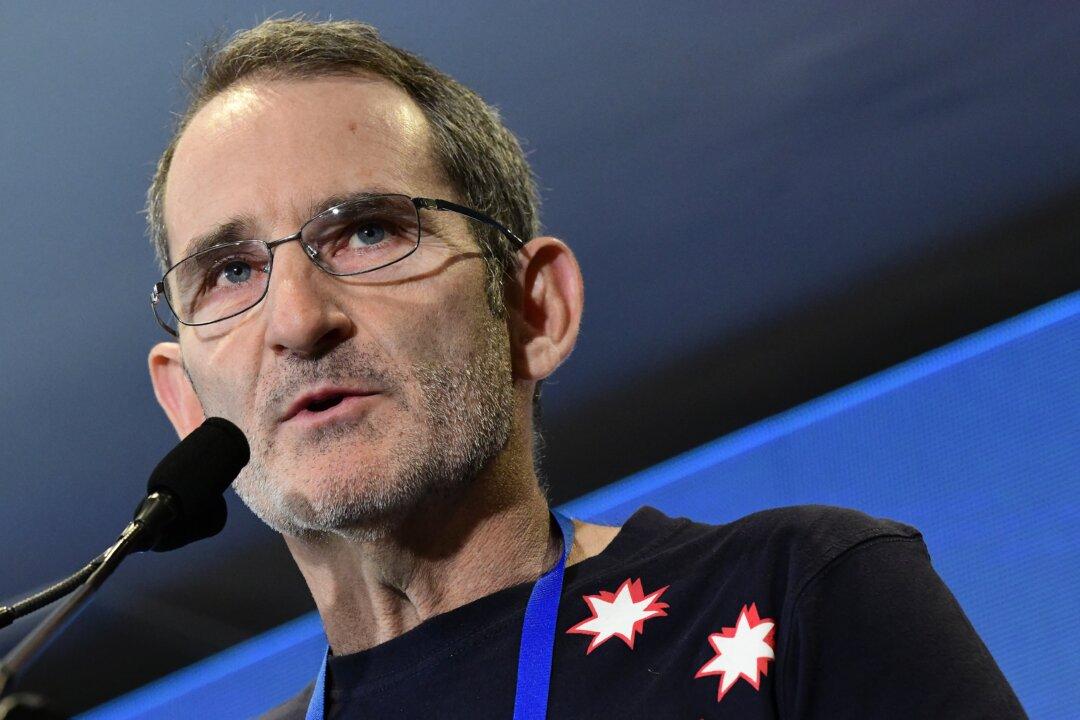Tech investor and star of reality TV series Shark Tank, Steve Baxter, says Australia’s economy will weather the repeated COVID-19 lockdowns, but argues that the restrictions will leave a permanent scar on communities and small businesses.
Speaking to The Epoch Times, Baxter said that while economic recovery was likely, he was doubtful whether the same small business owners would remain.





